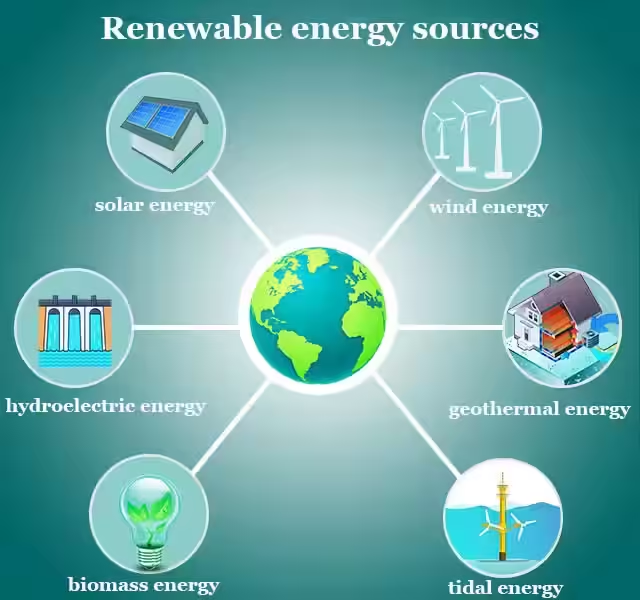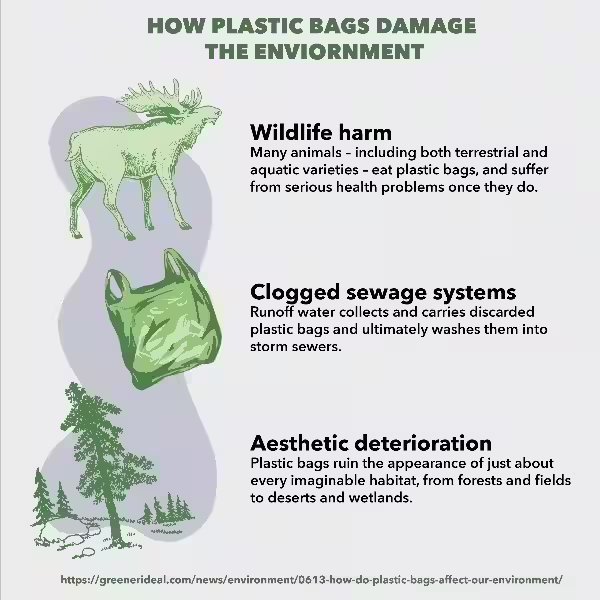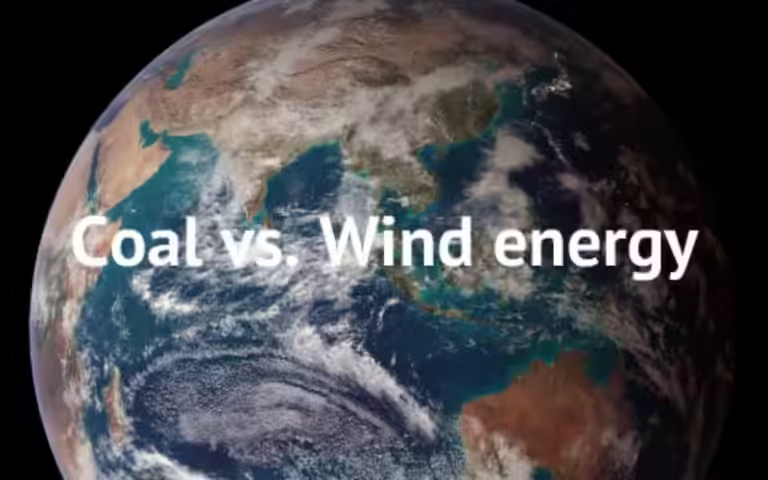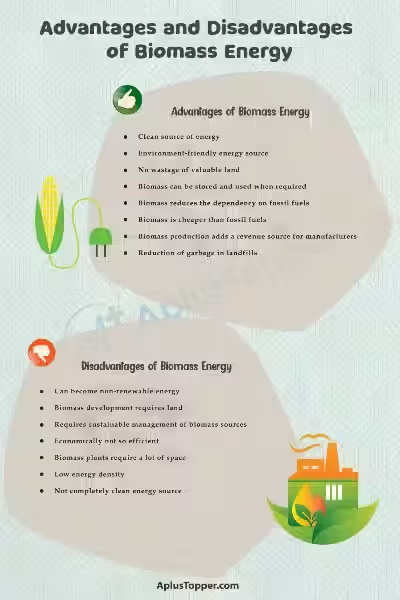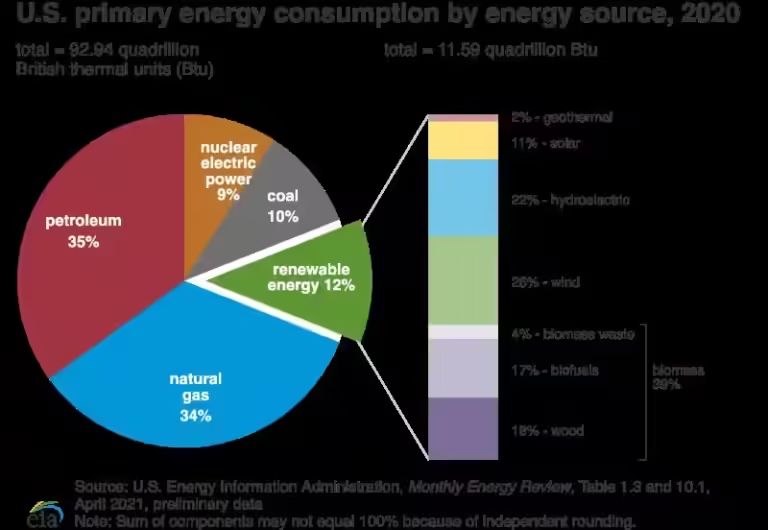The Many Faces of Sustainability: A Synonym & Antonym Guide
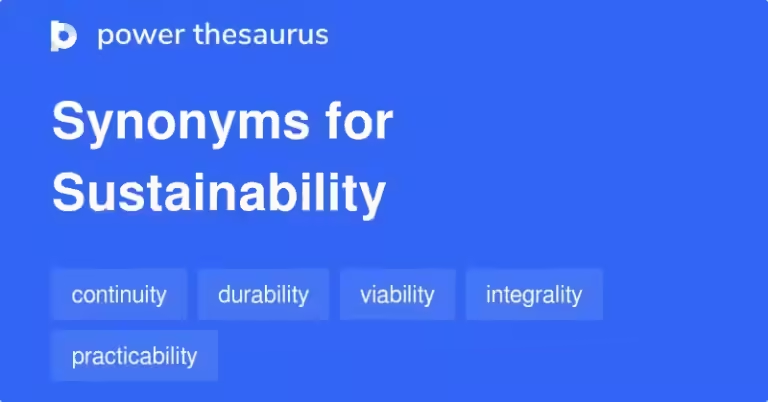
The word "sustainable" has become a ubiquitous term, cropping up in conversations about everything from food production to fashion. It often signifies something environmentally friendly, long-lasting, and responsible. But what exactly does "sustainable" mean, and how can we better understand its nuances? This article explores 20 synonyms and antonyms for "sustainable" to help us decipher its multifaceted nature and its significance in our world.
Synonyms: Exploring the Spectrum of Sustainability
The synonyms for "sustainable" provide a deeper understanding of its various aspects. These synonyms highlight different approaches to environmental responsibility, resource management, and ethical practices.
Environmental Impact: Minimizing Harm, Maximizing Benefit
- Environmentally friendly: This synonym emphasizes the ecological impact of a product or practice, stressing its minimal harm to the environment. For instance, a "environmentally friendly" detergent might be biodegradable and contain fewer harsh chemicals.
- Eco-friendly: Similar to "environmentally friendly," this term highlights the positive impact on the ecosystem. An "eco-friendly" product might be made from recycled materials, promoting circularity and reducing waste.
- Green: A more casual synonym referring to practices that promote environmental protection. "Green" energy sources like solar and wind power provide clean and renewable alternatives.
- Eco-conscious: This term emphasizes the importance of awareness and consideration for environmental impact. An "eco-conscious" consumer might choose products with minimal packaging and prioritize local, sustainably sourced goods.
Resource Management: Renewing and Replenishing
- Renewable: This synonym emphasizes the ability to replenish resources, highlighting their long-term availability. Solar and wind energy are renewable resources, unlike fossil fuels, which are finite.
- Replenishable: Similar to "renewable," this term indicates the capacity for resources to be restored. A "replenishable" water source is one that can be naturally replenished over time.
- Enduring: This synonym focuses on the lasting quality of something, emphasizing its ability to withstand the test of time. An "enduring" product is designed to last for many years, reducing the need for replacements and minimizing waste.
- Durable: Similar to "enduring," this term refers to the ability of something to resist wear and tear. A "durable" piece of furniture is built to last, reducing the need for frequent replacements and minimizing environmental impact.
Resilience and Adaptation: Thriving in the Face of Change
- Resilient: This synonym emphasizes the ability to adapt and recover from challenges, highlighting its strength and adaptability. A "resilient" ecosystem is capable of withstanding disturbances and recovering from environmental changes.
- Long-lasting: This synonym focuses on the extended lifespan of something, emphasizing its longevity. A "long-lasting" product reduces the need for constant replacements and minimizes the environmental footprint of its production and disposal.
Ethical Practices: Responsible Actions, Principled Choices
- Responsible: This synonym highlights the ethical and conscientious approach taken, emphasizing a sense of duty and care. A "responsible" business might prioritize fair labor practices, ethical sourcing, and environmental protection.
- Ethical: Similar to "responsible," this term emphasizes the moral principles guiding a practice or product. An "ethical" fashion brand might use sustainable materials, fair trade practices, and ethical production methods.
- Conscientious: This synonym underscores the deliberate and thoughtful consideration of impact, emphasizing a commitment to doing the right thing. A "conscientious" consumer might choose products made from recycled materials, supporting circular economy principles.
Viability and Practicality: Solutions that Work
- Viable: This synonym suggests the feasibility and practicality of a solution, emphasizing its ability to work effectively. A "viable" renewable energy source is one that can reliably provide power without harming the environment.
- Feasible: Similar to "viable," this term indicates the practicality and possibility of something being successful. A "feasible" sustainable development project is one that can be implemented and maintained over the long term.
- Practical: This synonym emphasizes the real-world applicability of a solution, highlighting its usefulness and effectiveness. A "practical" approach to sustainability is one that is realistic, adaptable, and achievable in everyday life.
Antonyms: Recognizing the Opposite of Sustainability
The antonyms for "sustainable" provide a counterpoint to the concept, highlighting practices that are detrimental to the environment and future generations.
- Unsustainable: This term directly opposes "sustainable," indicating the harmful impact of an action on the environment or its resources. An "unsustainable" fishing practice might deplete fish stocks, disrupting the marine ecosystem.
- Destructive: This term highlights the negative impact on the environment or resources, emphasizing its capacity for damage. "Destructive" logging practices can lead to deforestation, habitat loss, and soil erosion.
- Harmful: Similar to "destructive," this term emphasizes the negative consequences of an action on the environment or resources. "Harmful" pollutants can contaminate air and water, posing risks to human and animal health.
- Unviable: This term suggests the impossibility of something being successful, highlighting its lack of feasibility. An "unviable" renewable energy project might be too costly or technologically challenging to implement successfully.
- Ineffective: This term emphasizes the lack of results or desired outcome, highlighting its failure to achieve its goal. An "ineffective" conservation strategy might fail to protect endangered species or restore damaged ecosystems.
Understanding the Context: Choosing the Right Word
The choice of synonym for "sustainable" is influenced by the specific context. For example, when discussing environmental protection, "eco-friendly" or "environmentally friendly" are appropriate choices. In discussing financial stability, "viable" or "long-lasting" might be more fitting. Understanding the context allows for a precise and meaningful use of language, conveying the intended message accurately.
This comprehensive list of synonyms and antonyms helps us understand the diverse meanings of "sustainable" and encourages thoughtful consideration of its implications in various contexts. By utilizing the right terminology, we can better communicate the importance of responsible practices and promote a positive and enduring impact on our world.
Frequently Asked Questions about Environmental Sustainability
What are some synonyms for "environmentally sustainable"?
Environmentally sustainable encompasses a wide range of practices and actions that minimize negative impacts on the environment. Here are some synonyms that highlight different aspects of environmental responsibility:
- Eco-friendly: Emphasizes the direct impact on ecosystems and biodiversity.
- Green: Refers to a broader approach encompassing renewable energy, sustainable practices, and reduced pollution.
- Sustainable: Focuses on long-term viability and the ability to meet present needs without compromising future generations.
- Earth-friendly: Emphasizes the holistic impact on the planet, including natural resources, air, and water.
- Renewable: Highlights the use of resources that can be replenished naturally.
- Replenishable: Similar to "renewable," emphasizing the ability of resources to be restored.
- Resilient: Emphasizes the ability of an ecosystem to adapt and recover from challenges.
- Responsible: Highlights the ethical and conscientious approach taken to minimize environmental impact.
- Ethical: Similar to "responsible," emphasizing the moral principles guiding practices.
- Conscientious: Underscores the deliberate and thoughtful consideration of impact.
Why is it important to use synonyms for "environmentally sustainable"?
Using synonyms helps to better communicate the specific aspects of environmental responsibility being discussed. For example, using "eco-friendly" might be more appropriate when discussing the impact on biodiversity, while "renewable" might be more suitable when discussing energy sources.
What are some antonyms for "environmentally sustainable"?
Antonyms highlight practices that contribute to environmental degradation. Some examples include:
- Unsustainable: Indicates actions that harm the environment or its resources.
- Destructive: Emphasizes the negative impact on the environment.
- Harmful: Similar to "destructive," highlighting the negative consequences of an action.
- Polluting: Indicates actions that release harmful substances into the environment.
- Wasteful: Emphasizes the excessive use and consumption of resources.

